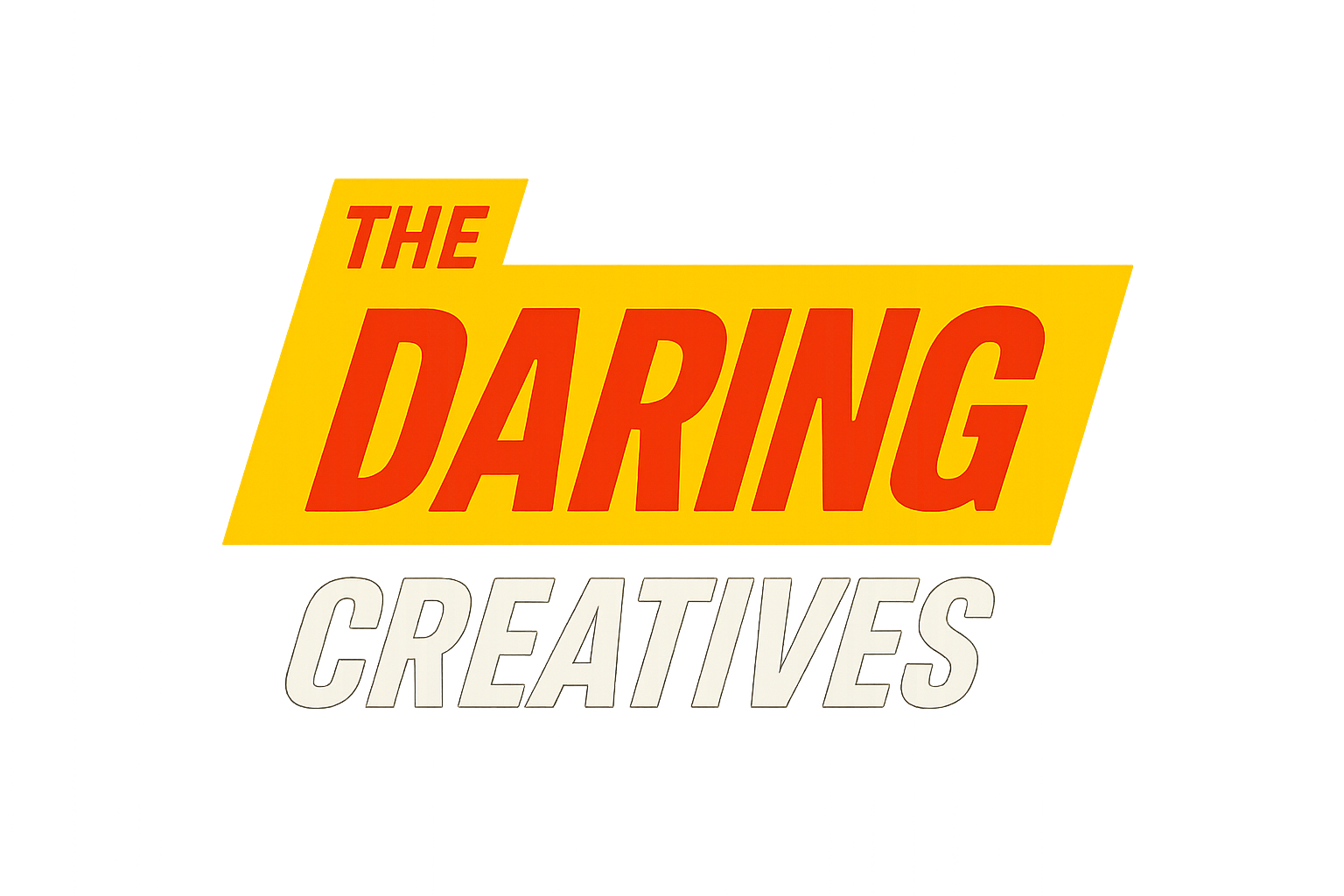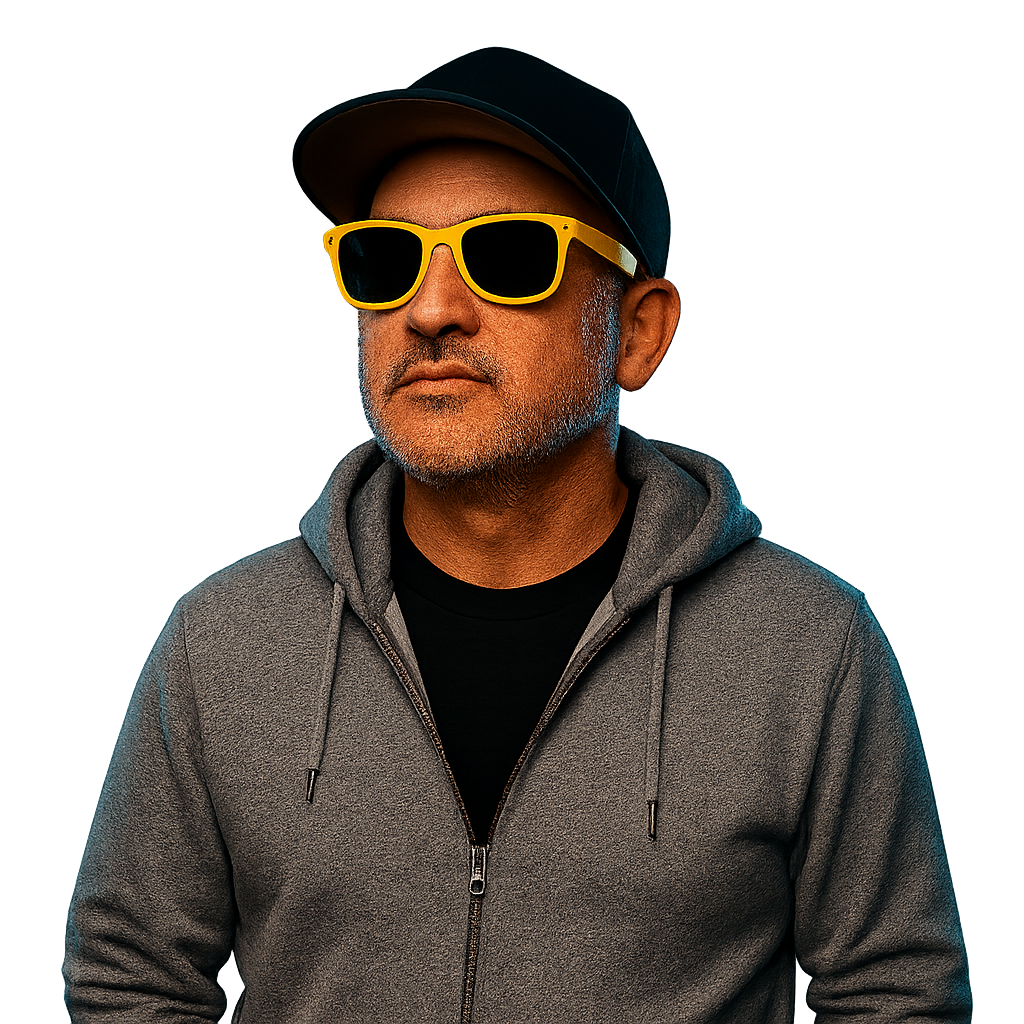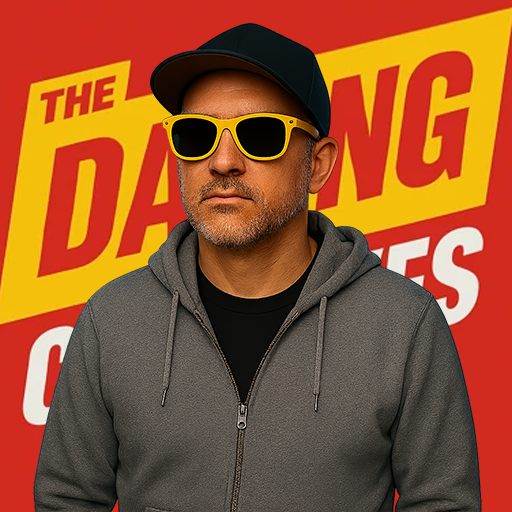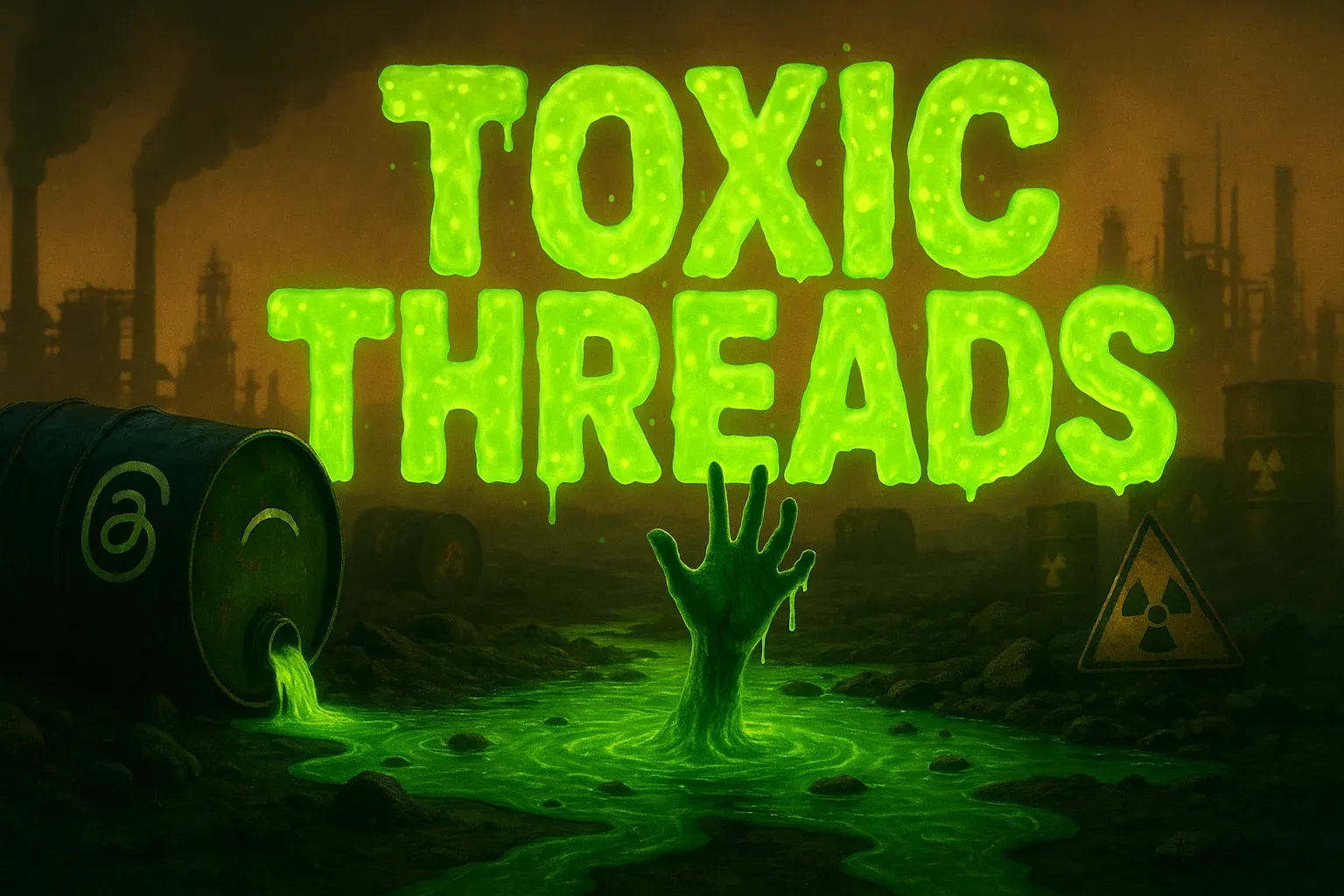Some people see the world through rose-colored glasses. I admit—I’m one of them. Mine just happen to have yellow frames.
When it comes to AI, I lean toward what could go right. I look at new tools for what they are and what they might become. The question I ask myself: what can this tool help me make real?
Not everyone sees it that way. Scroll long enough and you’ll find someone wearing what I call gray glasses of doom—the kind that turn every innovation into evidence of decline.
Like this:
@evanjwatkins
“Insane to me that human beings would sell out their fellow man to create a shitty product so they can increase profits and send them up the chain to the tech bros. Hollywood needs to divorce from the tech companies. They can go kiss trumps ass and make kids dumb with ChatGPT and build fake ass robots controlled by slave labor in India while the film and tv business can get back to telling stories about real life powered by an industry of real humans who get paid for a living.”
At first glance, it reads like a tantrum — a public meltdown wrapped in moral outrage. But it’s more than that. It’s tragic, because it doesn’t have to be this way.
I'm fairly certain no one is forcing this guy to use AI. Is there a secret committee dragging artists into prompt training camps that I don't know about? If he wants to keep painting, filming, sculpting, or whatever, there's nothing stopping him.
But then come the accusations — that people “sold out their fellow man,” that “tech bros” are “ruining the creative industry.” But let’s be honest: no one needs AI to do that. The system was already built to prioritize profit over people long before ChatGPT showed up.
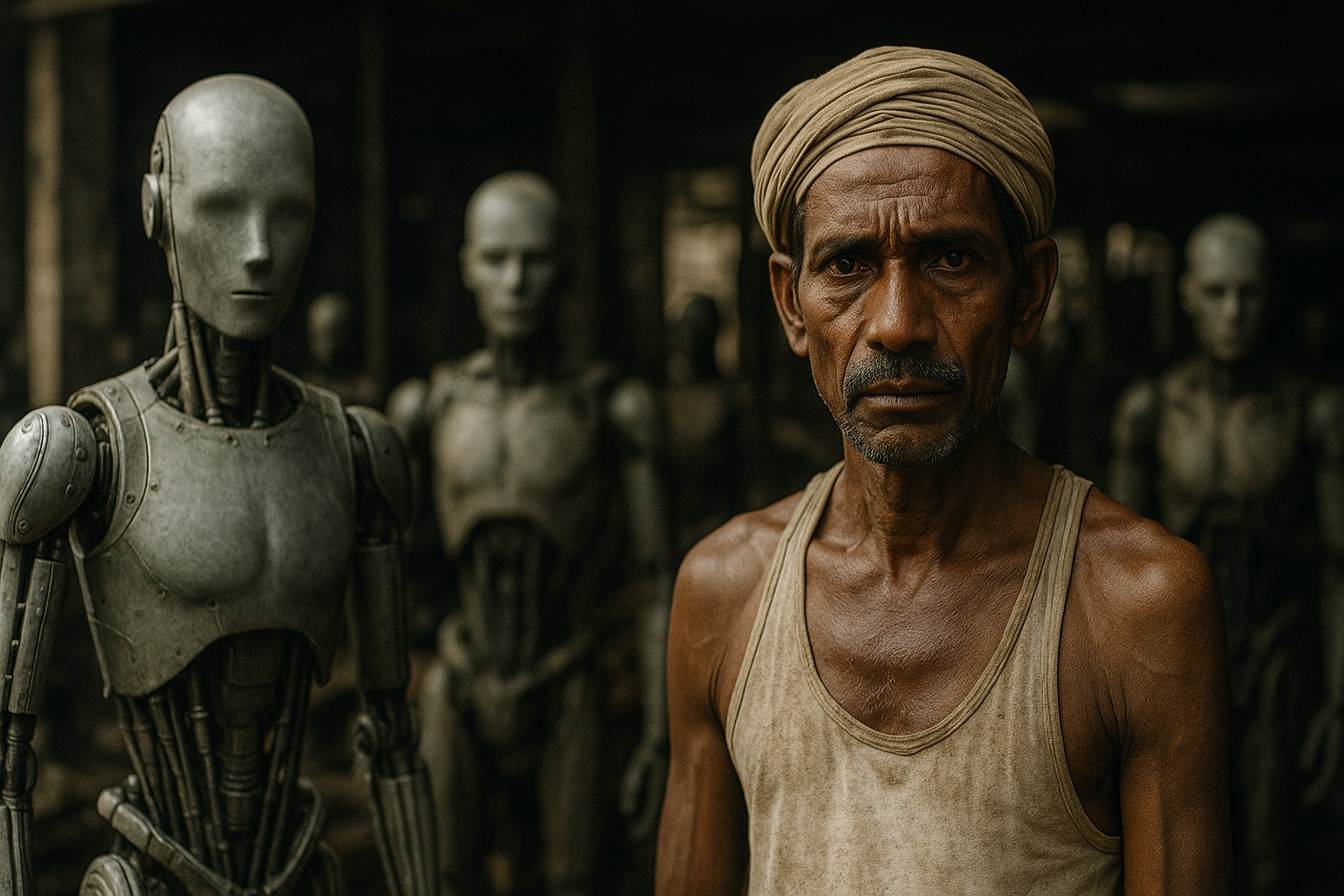
We live in capitalism. The film industry, the art world, the music business — all of it runs on markets, not morals. It’s just the reality we operate in. Blaming AI for capitalism is like blaming Photoshop for advertising.
But more than all of this, why can't people be a little more positive?
Instead of catastrophizing, what if we reframed:
Instead of “AI is killing creativity,” try “AI is multiplying it — now anyone with ideas can create, not just the technically skilled.”
Instead of “AI is replacing artists,” try “AI is creating new artists.”
Instead of “AI makes everything the same,” try “AI makes it impossible to hide behind style. All of a sudden imagination means a lot more.”
Instead of “This is the end of originality,” try “This is the first time originality is truly accessible.”
Whether you love AI or hate it, the world isn’t going back to pre-2022. The only choice we have is how we adapt.
You can keep seeing the worst in it (paranoia, conspiracy, corruption) or you can look closer and see that what’s really being challenged is our relationship with change itself.
The camera was supposed to destroy painting. The synthesizer was going to kill music. The internet was going to end books. You've heard all this before. Point is, none of those things "ended."
So yeah, I’ll keep my rose-colored glasses. Not because I think everything’s perfect, but because I can see the possibilities.
💬 The real question isn’t whether AI will ruin creativity. It’s whether we’ll finally take responsibility for how we choose to see the world we’ve built. Follow @thedaringcreatives on Threads.
